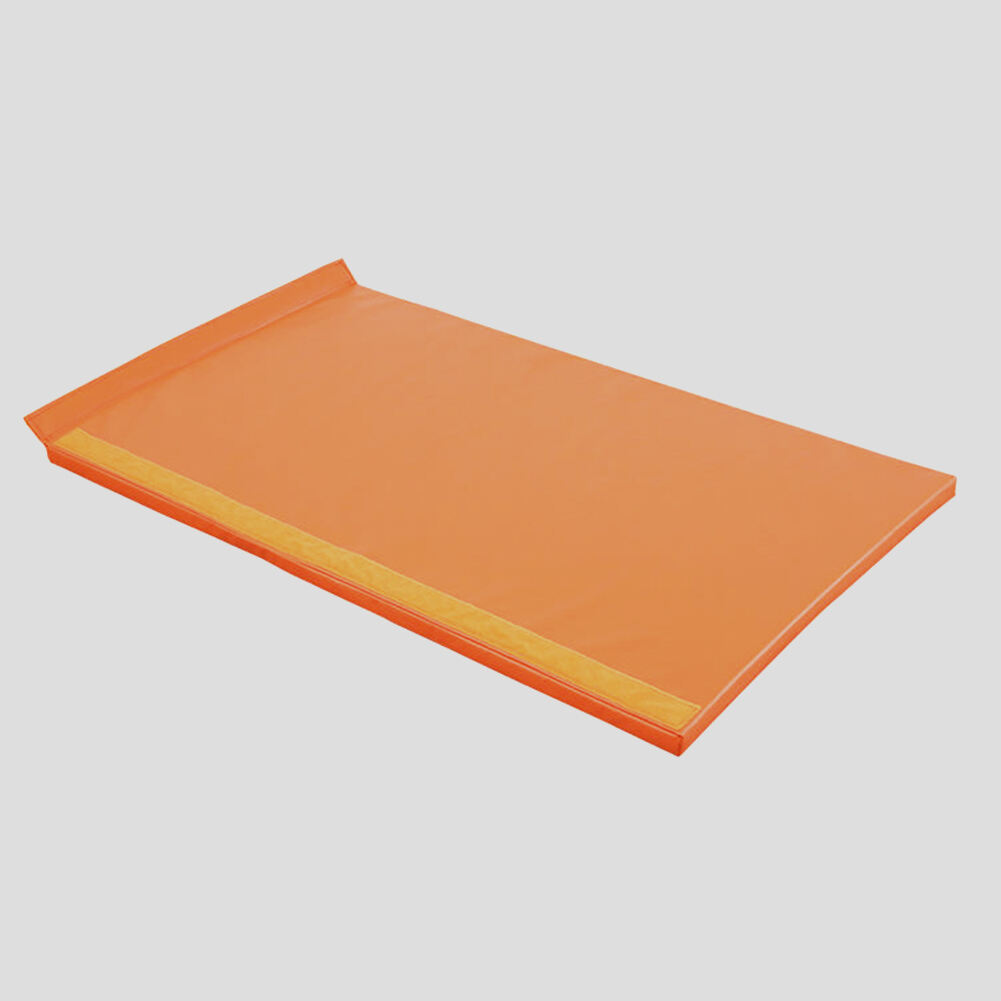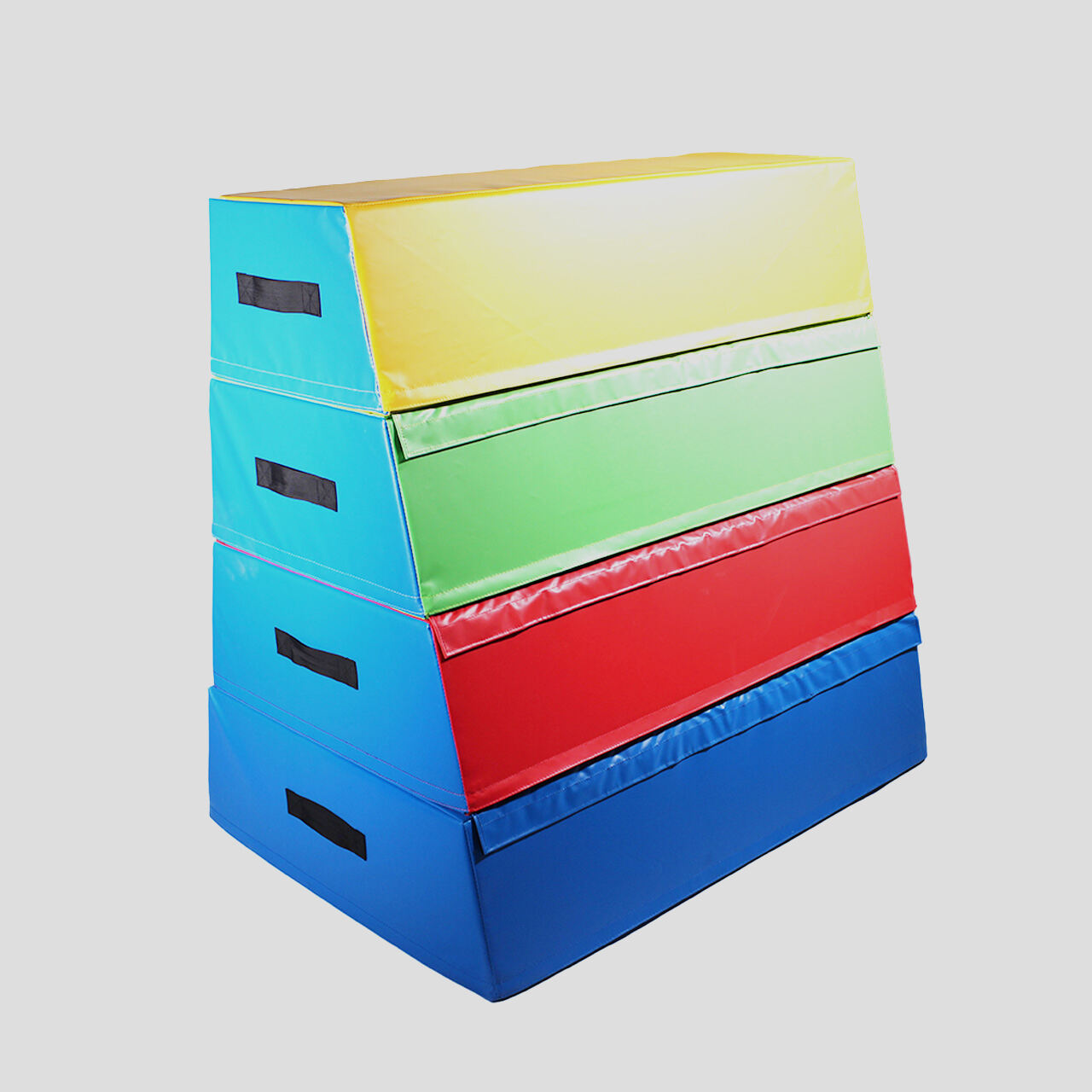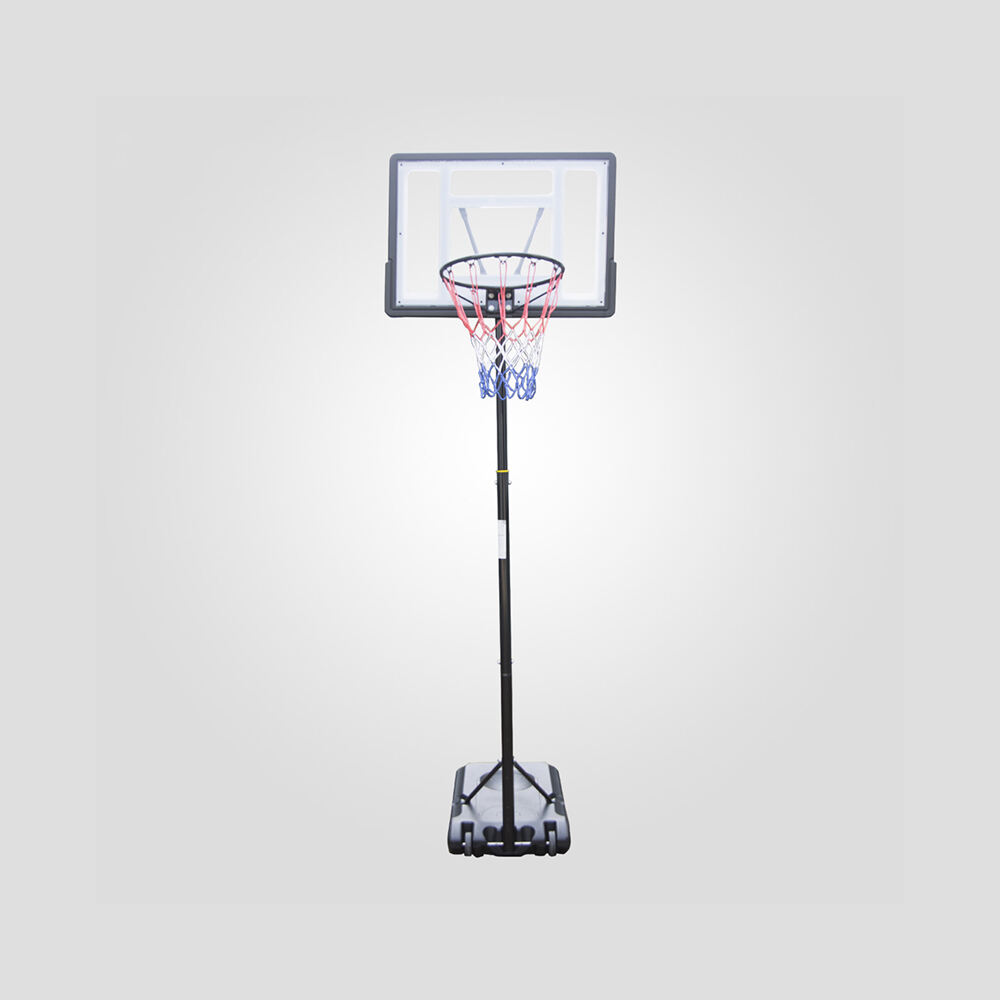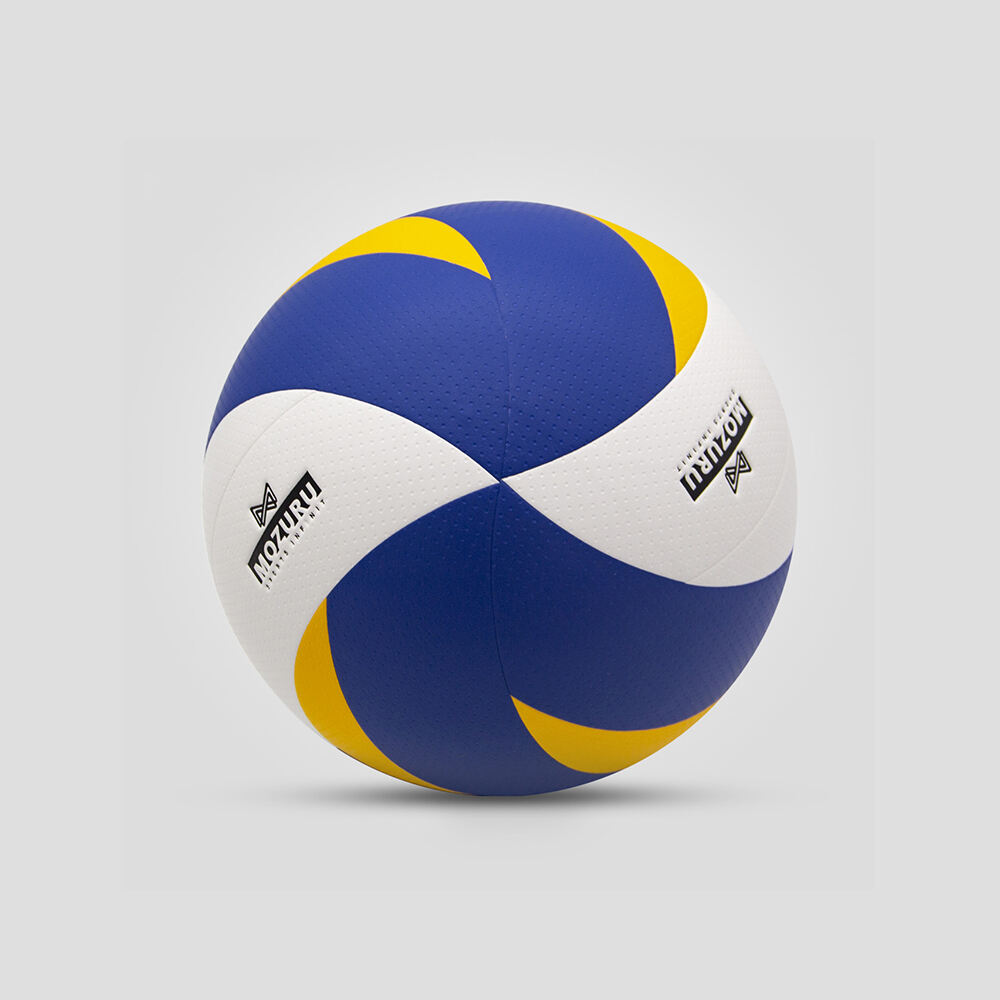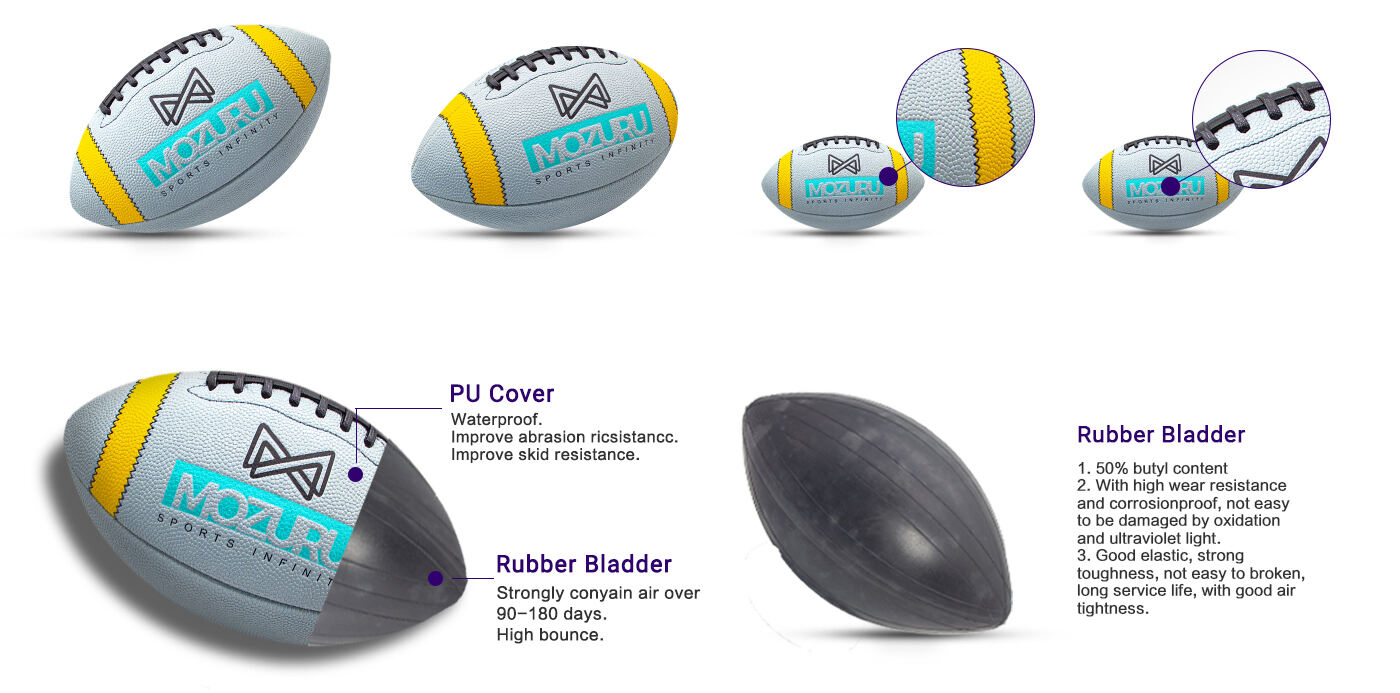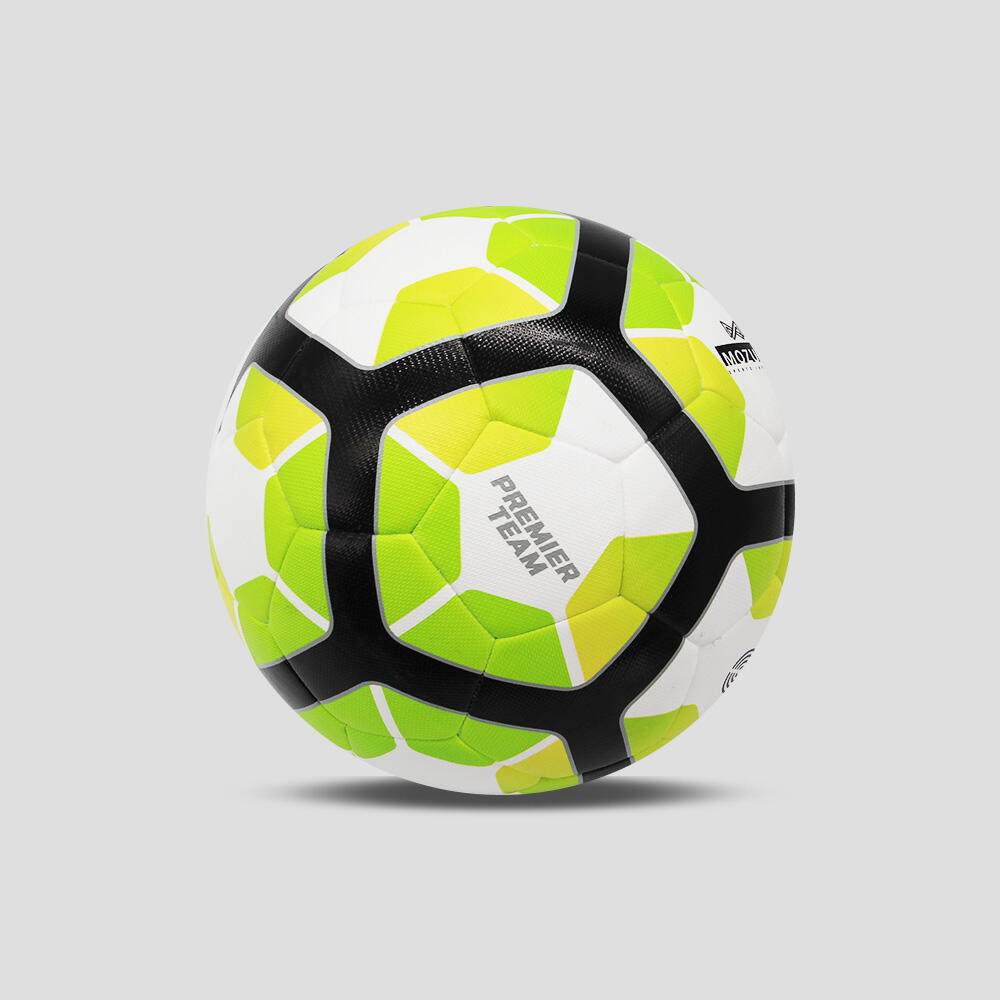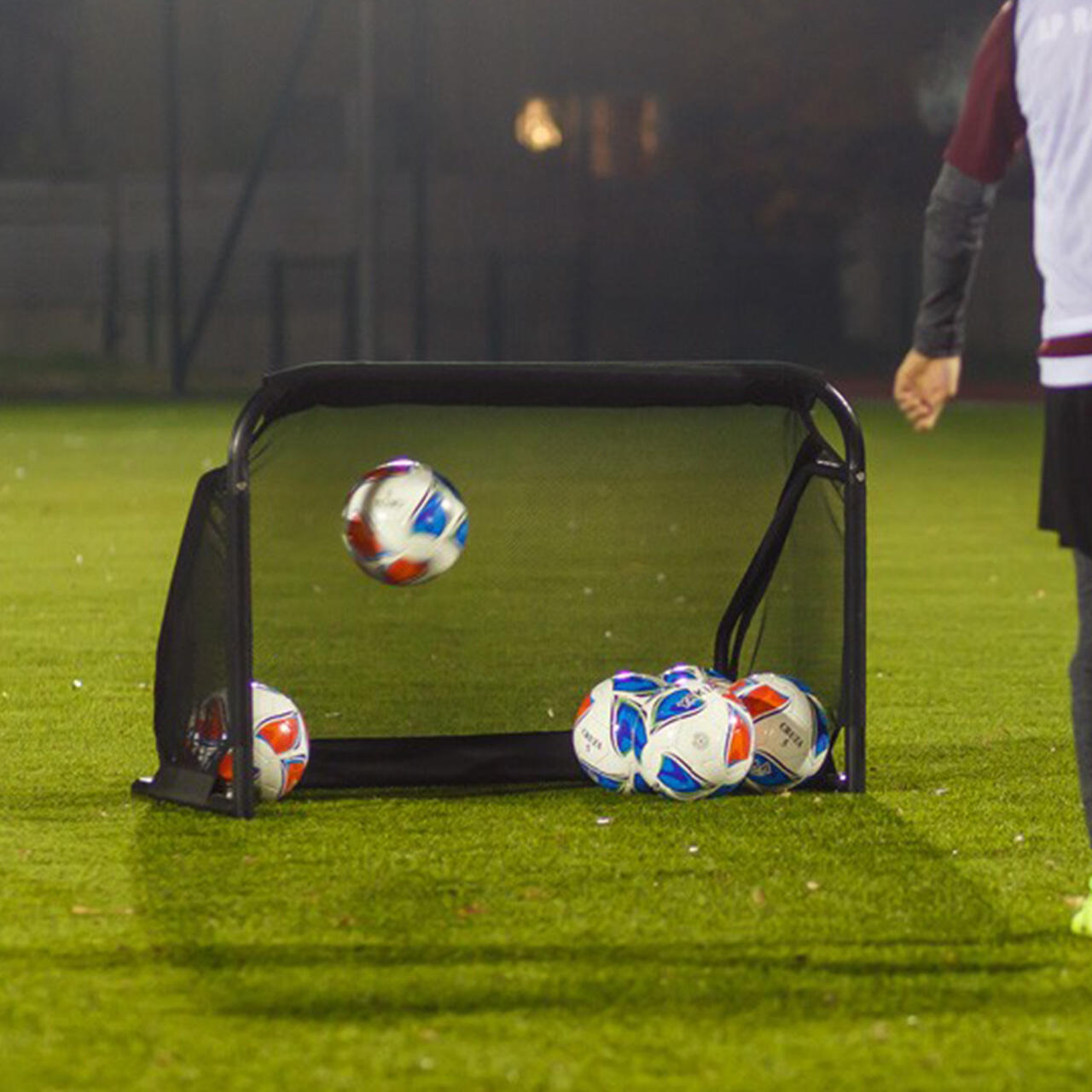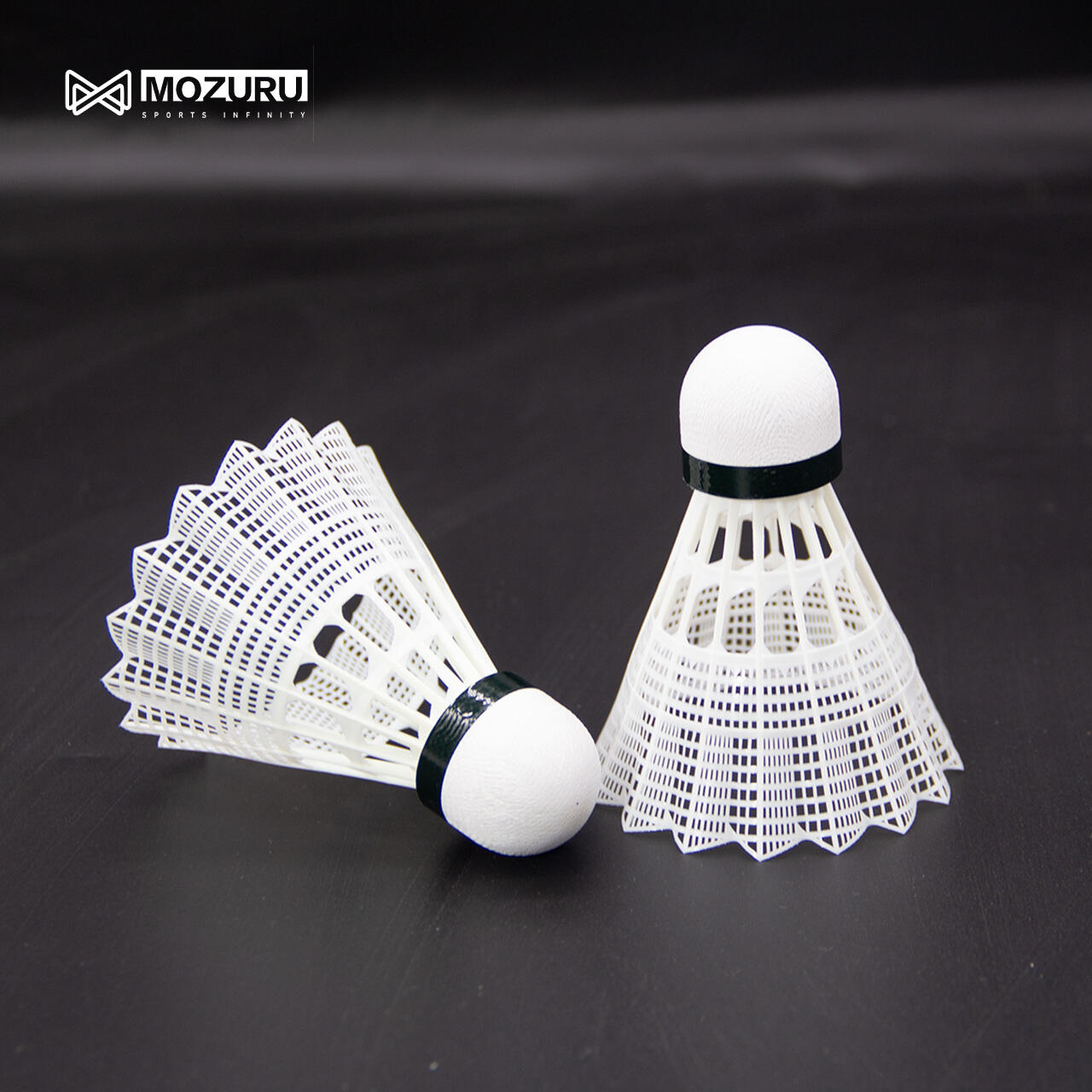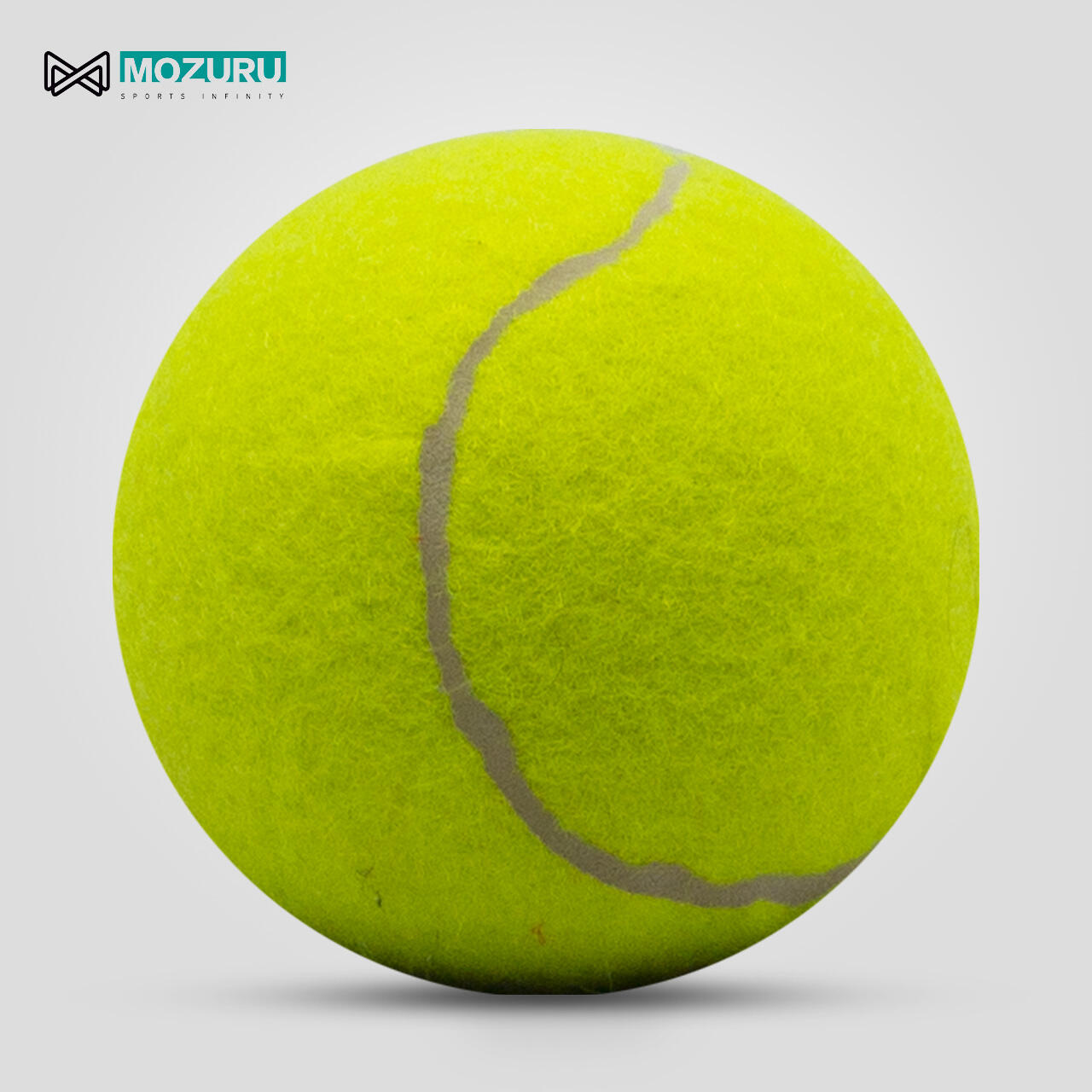tennisballfabrikk
Ein tennisballfabrikk er eit sofistikert anlegg for produksjon av tennisball av høgkvalitet gjennom automatiserte og presisjonsdrevne prosesser. Anlegget omfattar fleire produksjonslinjer utstyrt med toppmoderne maskiner for gummibearbeiding, kjernemøting, felttilføring og kvalitetskontroll. Produksjonsprosessen byrjar med å laga gummi, der naturlege og syntetiske materiale vert blandte saman for å laga ballkjarna. Avanserte støpingsteknologiar sørgar for konsekvent sfærformasjon, medan trykkstyrte kammer opprettholder presise indre trykk. Fabrikken nyttar automatiserte feltskjer- og applikasjonssystem, der spesielt handsama ullfilts blir nøye vikt rundt gummikjernen og sikra gjennom varmebinding. Kvalitetskontrollstasjonar utstyrt med høysnart kamera og trykksensorar granskar kvar ball for einformighet, hoppeegenskapar og samsvar med internasjonale tennissetningar. Anlegget har òg miljøstyringssystem for å opprettholde optimale temperatur- og fuktighetsnivåar gjennom heile produksjonsprosessen, og det tryggjer konstant produktkvalitet. Moderne tennisballfabrikkar inneber vanlegvis forskings- og utviklingslaboratorier for kontinuerleg produktforbedring og testanlegg som simulerer faktiske spelteil for å verifisera ytelsesstandarder.

